Demurrage is a term that often frightens those involved in international shipping and logistics. It refers to the charges levied by a shipping line when import containers are not moved out of the port or terminal within the allocated free time. This fee impacts the profitability of cross-border trade operations.
The impact of demurrage on trade profitability cannot be overstated. These charges can lead to unexpected costs that demolish profit margins, disrupt cash flow, and cause logistical headaches. Understanding demurrage and implementing strategies to avoid these fees is crucial for businesses engaged in global trade.
This article aims to share expert strategies and practical tips to help you manage your cross-border shipments more effectively and avoid the pitfalls of demurrage.
Whether you are a seasoned logistics professional or new to international shipping, this guide will offer you all the ways you can protect your business from unnecessary costs and enhance your overall shipping efficiency.
How are Demurrage Charges Calculated?
Demurrage fees are calculated based on when a container stays at a port or terminal beyond the agreed-upon free time. The free time is the period the shipping line allows for the container to be picked up without incurring additional charges. Once this period expires, demurrage fees accumulate daily until the container is removed from the port.
The calculation of demurrage fees typically involves the following factors:
Free Time: The number of days the container can stay at the port without charges.
Daily Rate: The fee charged daily after the free time expires.
Number of Days Beyond Free Time: The total number of days the container has stayed at the port beyond the free time.
Let’s illustrate with a simple example:
Free Time: 5 days
Daily Rate: $50 per day
Number of Days Beyond Free Time: 3 days
In this scenario, the container arrives at the port and has five days of free time. However, the container remains at the port for three days after the free time expires.
To calculate the demurrage fees:
- Total Demurrage Days: 3 days
- Daily Rate: $50 per day
Demurrage Fee = Total Demurrage Days × Daily Rate Demurrage Fee = 3 days × $50/day = $150
So, in this example, the demurrage fee would be $150.
Understanding what is Demurrage charges and how they are calculated is crucial for effectively managing logistics costs. By keeping track of free time and ensuring timely container movement, businesses can avoid unnecessary demurrage charges and maintain better control over their shipping expenses.
Demurrage, Detention, and Storage: What are the Differences?
| Fee Type | Definition | Charged by | Free Time | When It Accrues | Purpose |
| Demurrage | Charges for containers not picked up from the port or terminal within the free time. | Shipping Line | Yes, typically 3-7 days | After free time at the port expires | Compensate for the delayed return of containers and encourage timely removal from the port. |
| Detention | Charges for containers not returned to the shipping line within the allowed time. | Shipping Line | Yes, typically 3-7 days | After free time outside the port expires | Compensate for the prolonged use of containers and incentivize timely return to the shipping line. |
| Storage | Charges for storing containers in a warehouse or storage facility. | Port or Terminal | Yes, typically 3-7 days | After free time at the port expires | Cover the cost of using port space and facilities for storing the container. |
What are the Causes of Demurrage Fees
Insufficient Documentation for Customs: Incomplete or incorrect documentation might cause delays in customs clearance, causing the container to remain at the port longer than allowed. As a result, demurrage fees occur while the required paperwork is processed.
Lack of Communication and Disputes: Poor communication between parties involved in the shipment can result in a lack of understanding about the cargo’s arrival. If the consignee is not informed promptly, the container might not be picked up on time, incurring demurrage fees. This also leads to disputes between the shipper and consignee regarding the terms of the shipment, payment, or other contractual issues.
Customs and Inspections Delays: Delays during customs inspections and other regulatory checks can extend the time a container stays at the port. These inspections, which are often mandatory, can lead to demurrage if they take longer than the allotted free time.
Financial Challenges and Document Processing Delays: Financial issues, such as delays in payment or processing of necessary documents, can prevent containers’ timely release and pickup. These financial and administrative hold-ups contribute to demurrage charges.
Global Incidents and Natural Calamities: Unpredictable global incidents, such as political unrest, strikes, or natural disasters, can disrupt normal port operations and delay the clearance and pickup of containers. These disruptions often lead to demurrage charges as containers remain at the port beyond the free time allowed.
How to Avoid Demurrage Fees?
Understanding Import Regulations and Shipping Terms: Familiarize yourself with the destination country’s specific import regulations and shipping terms. This knowledge helps ensure that all required documents and compliance measures are in place before the shipment arrives, preventing delays caused by regulatory issues.
Effective Communication Within Supply Chain: Keep lines of communication open and constant amongst all parties involved in the supply chain, including customs brokers and terminals. Keeping everyone informed about shipment statuses and arrival times helps coordinate the timely pickup and clearance of containers.
Planning for Customs Clearance in Advance: Start the customs clearance process before the shipment arrives. It includes preparing and submitting all necessary documents and ensuring compliance with local customs requirements. Early planning helps expedite clearance and reduces the risk of delays at the port.
Considering the Timing for Letters of Credit: Coordinate the timing of letters of credit (LC) carefully to avoid delays in releasing shipping documents. Ensure that all conditions specified in the LC are sufficiently met so that financial and document processing delays do not hinder the timely pickup of containers.
Employing Technology for Shipment Tracking: Use advanced shipment tracking technologies to monitor the real-time status of your cargo. These tools provide visibility into the shipment’s location and estimated arrival times. It allows you to make informed decisions and take proactive steps to ensure timely container pickup and avoid demurrage fees.
Practical Tips for Cross-Border Shipments
Before getting into tips, let us understand what cross-border shipments are.
Cross-border shipping refers to transporting goods from one country to another. This type of shipping involves a series of logistical steps to ensure that products move efficiently and smoothly across international borders.
Unlike domestic shipping, cross-border shipments must navigate various global regulations, customs procedures, and trade laws to successfully deliver goods to their final destination.
Below are the tips for effective cross-border shipments:
Ensure Accurate Documentation:
- Prepare all necessary documents, including invoices, packing lists, bills of lading, and certificates of origin, accurately and in advance. Errors or omissions in documentation can cause significant delays and incur additional costs.
Understand Trade Regulations and Compliance:
- Introduce yourself to the import and export rules of the origin and destination countries. Be informed of any changes to trade policies, tariffs, and customs processes to ensure compliance and prevent penalties.
Partner with Reliable Logistics Providers:
- Work with reputable freight forwarders like Intolgo and customs brokers who have experience handling cross-border shipments. Their years of experience can help you navigate complex logistics and ensure timely delivery.
Plan for Customs Clearance in Advance:
- Prepare and submit all required documents well before the shipment arrives to start the customs clearance process early. This proactive approach helps expedite clearance and reduces the risk of demurrage and storage fees.
Monitor Shipment Tracking:
- Utilize advanced shipment tracking tools to monitor the real-time status of your cargo. Staying informed about the shipment’s location and estimated arrival times allows you to plan for timely pickup and address any issues promptly.
Communicate Effectively:
- Communicate transparently with all stakeholders, including suppliers, carriers, and customs officials. Effective communication ensures everyone knows the shipment’s progress and can coordinate their actions accordingly.
Insure Your Shipments:
- Get fair insurance coverage to protect against potential losses or damages during transit. Insurance offers financial security and peace of mind, especially for high-value or sensitive goods.
Plan for Contingencies:
- Contingency plans help prepare for potential disruptions such as port congestion, strikes, or natural disasters. These plans might include alternative routes, backup carriers, or additional buffer time in your shipping schedule.
By following these practical tips, businesses can improve the efficiency of their cross-border shipments, minimize risks, and ensure a smoother, more cost-effective logistics process.
Importance of Choosing the Right Port and Routing
Choosing the correct port and routing for your shipments is crucial for optimizing logistics operations. It impacts your supply chain’s overall efficiency, cost-effectiveness, and reliability. Here are the key reasons why selecting the correct port and routing is essential:
- Reduced Demurrage and Detention Fees: Efficient ports with faster processing times can help avoid delays, minimizing demurrage and detention charges.
- Faster Turnaround: Ports with advanced infrastructure and efficient operations ensure quicker loading and unloading, reducing your cargo’s time in transit.
- Mitigation of External Risks: Choosing ports and routes less susceptible to natural disasters, political instability, or strikes helps ensure the smooth flow of goods.
- Streamlined Customs Procedures: Ports with efficient customs operations can expedite the clearance process, reducing delays and ensuring smooth cargo movement.
- Enhanced Tracking and Visibility: Ports with advanced tracking systems and technology provide better visibility into the status of your shipments, helping you manage your logistics more effectively.
- Access to Key Trade Routes: Ports on major trade routes provide better access to global markets, facilitating international trade.
Selecting the correct port and routing is a strategic decision that can significantly impact your logistics operations. Businesses can lift their supply chain, reduce costs, and enhance overall operational performance by carefully evaluating port and routing options.
Conclusion:
Understanding what are demurrage charges and ways to maintain them is crucial for the profitability of your cross-border shipments. You can avoid unnecessary charges by familiarizing yourself with demurrage, recognizing its common causes, and implementing expert strategies such as early customs clearance planning and effective communication.
For tech-driven solutions and expert advice on managing your logistics efficiently, contact Intoglo for personalized. The experienced team at Intoglo can help streamline your shipping processes and prevent costly demurrage fees.


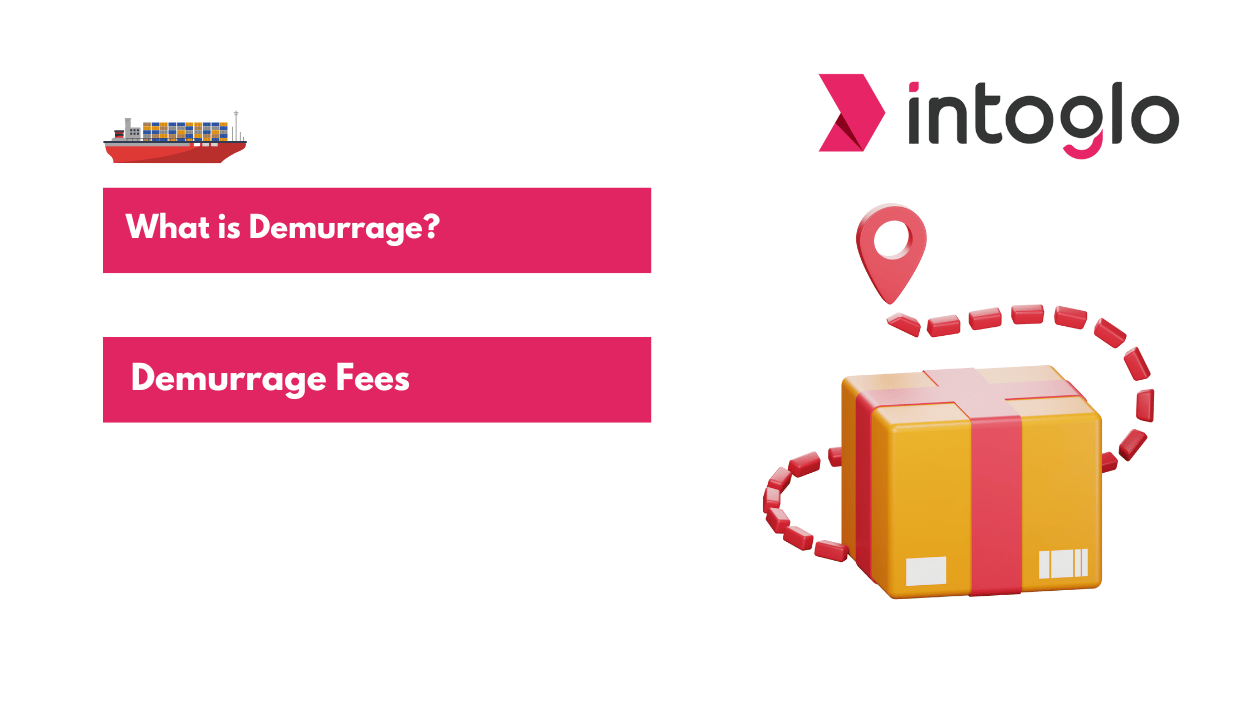
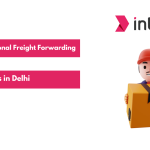
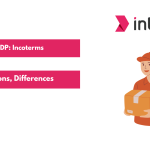
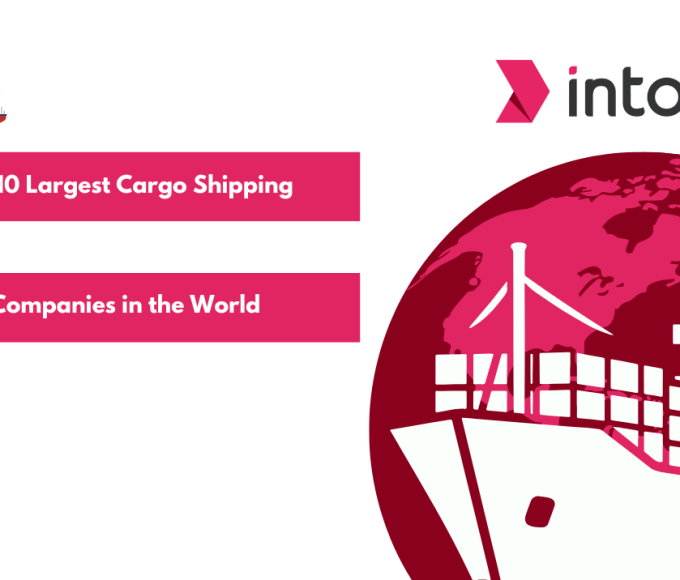
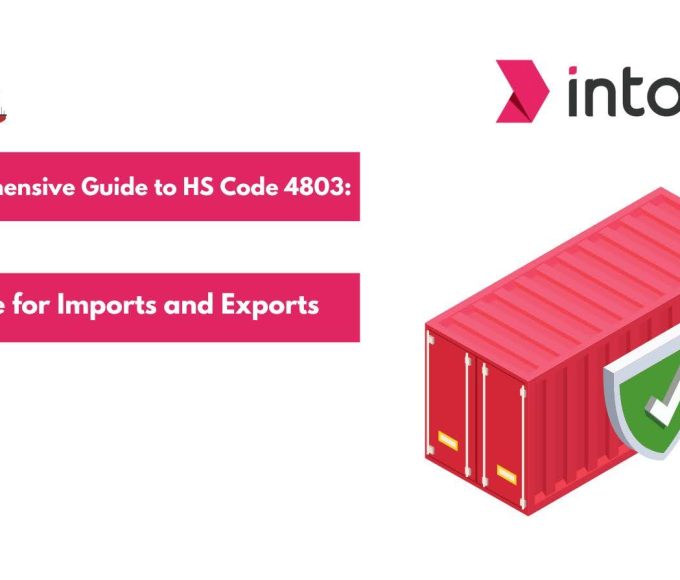
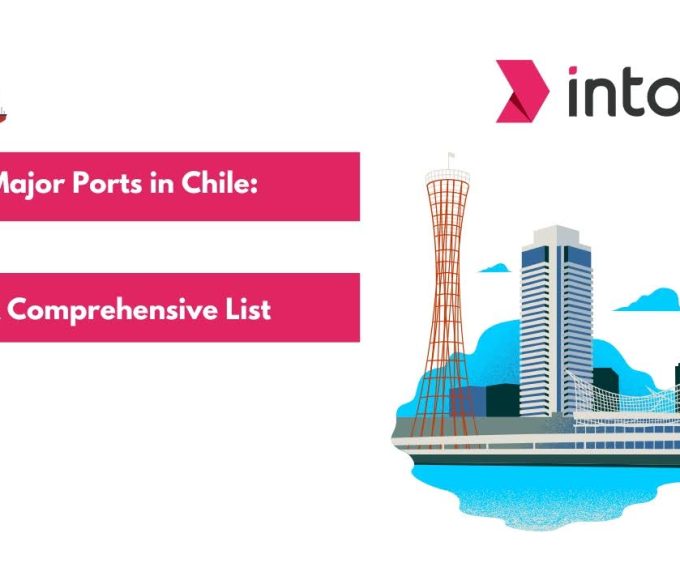
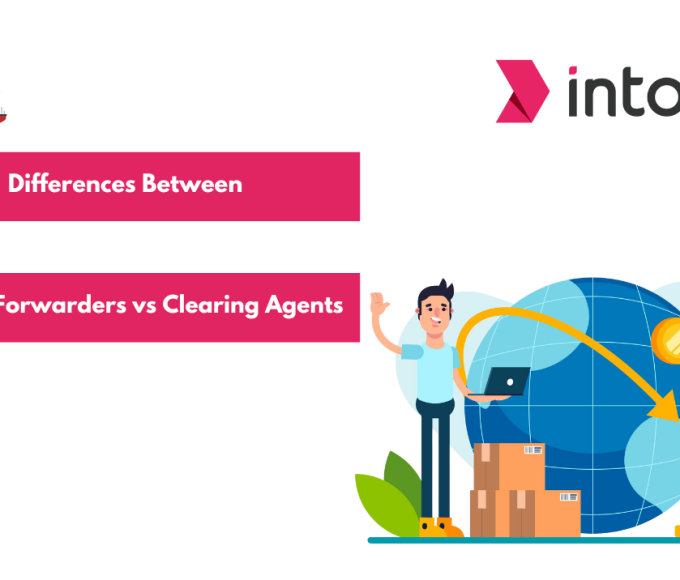
Leave a comment